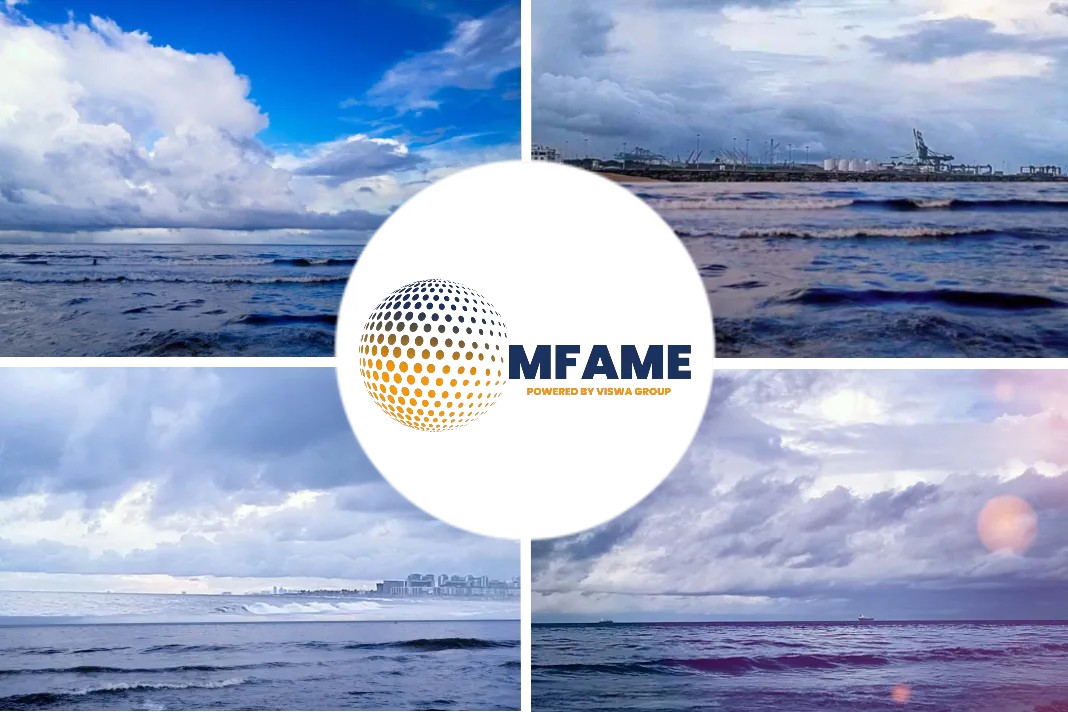
The EU considers it “possible” that Russia will halt natural gas supplies in 2023 to Europe but the bloc is prepared with contingency plans.
Plans Ready
“There is no reason to speculate but we have our plans ready for this kind of situation,” Simson said on the sidelines of the G7 Ministers’ Meeting on Climate, Energy and Environment in Sapporo, northern Japan. Simson’s remarks came as the EU has warned there is a “serious” risk of gas shortages next winter given the continued tight market balance and concerns over a complete halt in Russian gas supplies. The EU Council on March 30 formally adopted a regulation that extends member states’ voluntary 15% gas demand reduction target for one year until the end of March 2024. Asked about expectations about EU member states halting Russian LNG imports in 2023, Simson said that Russian LNG imports are “not necessary because last year companies that bought Russian LNG mainly from countries that never received Russian pipeline gas so they were not impacted directly by the scarcity of pipeline gas.
“This is why we agreed last time we met with European energy ministers that we will propose a solution that if Russian LNG is not necessary on the security of supply aspect, then governments can restrict their access to LNG terminals.” There are currently no EU-level sanctions targeting the import of Russian gas and LNG, though some countries — particularly in the Baltic region — have already introduced bans.
Energy Transition
Simson was speaking at the G7 climate and energy ministerial meeting, where the energy transition and security are among the key themes of discussion. Asked whether the G7 should lead the way to pursue practical energy transition, Simson said: “Yes I do believe that the G7 is crucial for leading the accelerated green transition and our member states actually made very ambitious commitments in this regard. “But currently we are facing the energy crisis” created by Russia’s invasion of Ukraine, she said. “I heard today during an opening session that all the G7 members were most clear that we have to help [developing] countries that face challenges.”
The Critical Raw Materials Act, or CRMA, outlines a set of plans to bolster supply chains of select energy transition materials by encouraging domestic production, boosting international cooperation and reducing demand through recycling. “We should not end up in a situation where we’re too dependent on one single supplier. That means that we need a network, a wider partnership of trusted partners. This was also behind our proposal, the Critical Raw Materials Act,” Simson said.
Did you subscribe to our daily Newsletter?
It’s Free! Click here to Subscribe!
Source: Spglobal















